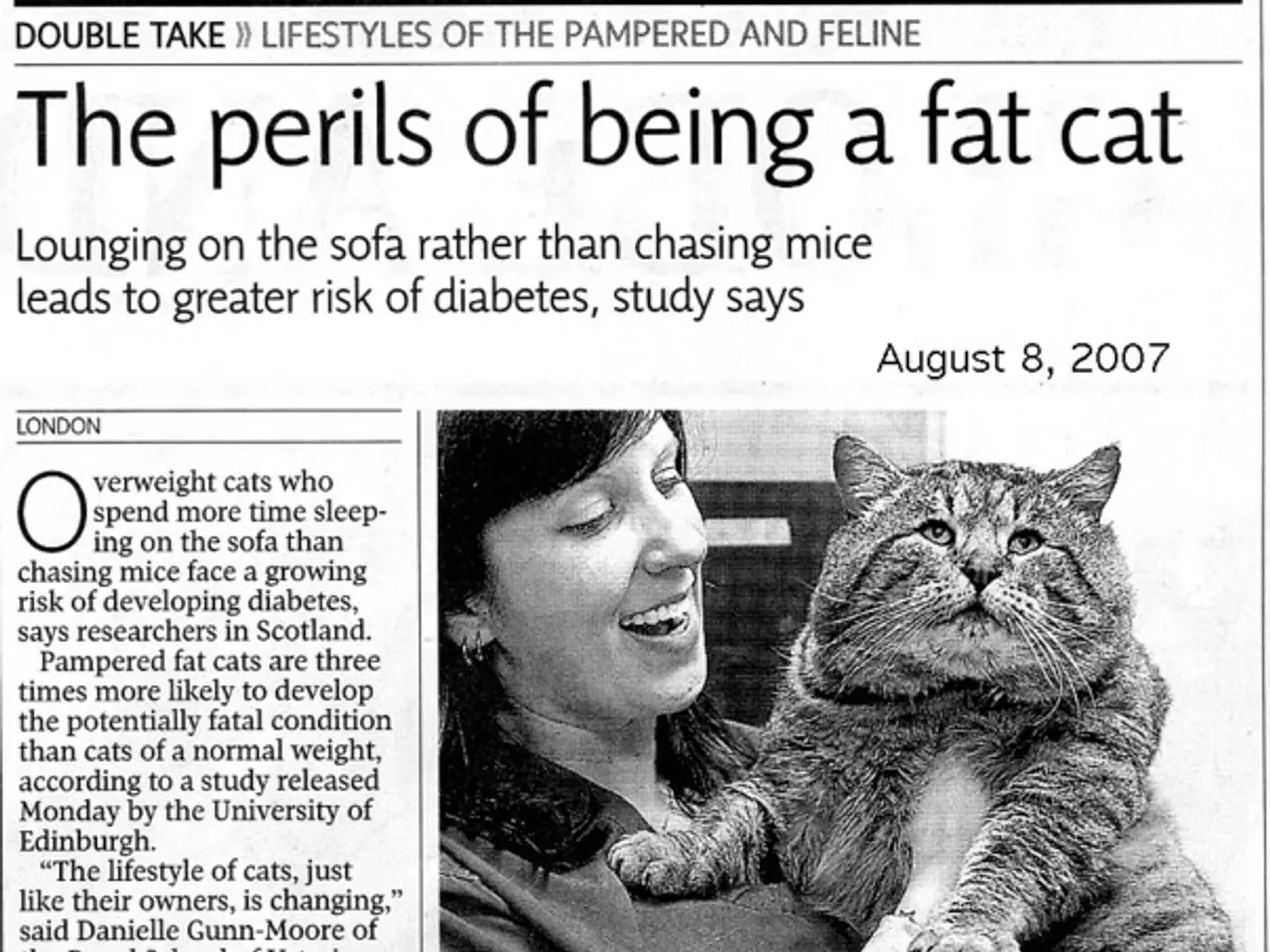Domestic Safety Falters: Enhanced Aid for Women's Shelters and Counseling Facilities
In North Rhine-Westphalia (NRW), a pressing concern has emerged in the realm of women's support services. The current funding system for women's shelters and counseling services is no longer sustainable, leaving these vital initiatives at risk.
According to SPD legal expert Sonja Bongers, action is urgently needed from the state government to address this funding situation. The proposed reform aims to close the remaining funding gap for providers and ensure the continued availability of places in women's shelters and the capacity of women's counseling services.
The issue is of paramount importance, given that domestic violence continues to be a significant problem in NRW. In 2022 alone, 240,547 cases were reported, marking an 8.5% increase from the previous year. The majority of victims (71.1%) and perpetrators (76.3%) are women and men, respectively.
Women's shelters and counseling services play a central role in addressing this issue. However, they often rely on municipal funding or donations due to the inadequacy of the current funding system. The state government currently funds personnel and operating costs for the operation of a women's shelter, covering up to five personnel positions and a 10,000 Euro annual subsidy per women's shelter.
However, this funding does not address the full costs of operating these services, leaving projects to rely on partial project funding, municipal funding, or third-party funds, usually donations. This system is outdated and threatens the very existence of these initiatives.
Bongers emphasizes the need to improve the availability of places in women's shelters and the capacity of women's counseling services. She suggests that the state government should work with municipalities to establish a uniform and adequate funding system for these services.
Despite the challenges, NRW maintains a network of support services for women affected by domestic violence. However, demand is high, and resources are often scarce. Bongers states that society and state institutions have a responsibility to do everything possible to stop the increasing violence against women and provide support to victims.
As the situation stands, no concrete details or proposals about funding problems and solutions for women’s shelters and counseling services in North Rhine-Westphalia have been found in recent search results. For the most current, detailed information, it would be necessary to consult specialized local government reports, NRW social ministry statements, or NGO communications focused on domestic violence support.
- In light of the pressing concern about women's support services in North Rhine-Westphalia, it's essential to explore supplementary funding for health-and-wellness initiatives, such as mental-health therapies-and-treatments and women's health services.
- The proposed reform in North Rhine-Westphalia aims to ensure the continued availability of mental-health support and therapies-and-treatments for women, addressing the funding gap that currently puts these vital services at risk.
- To combat the ever-increasing domestic violence in North Rhine-Westphalia, it's crucial for the state government to prioritize and invest in science-based mental-health interventions, women's health programs, and wellness support for victims, ensuring the sustainability of these essential services.




